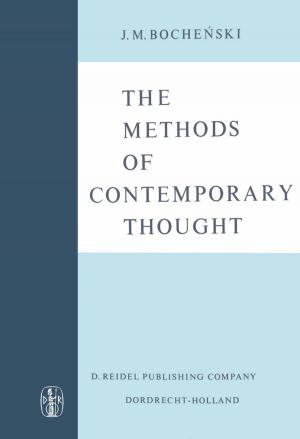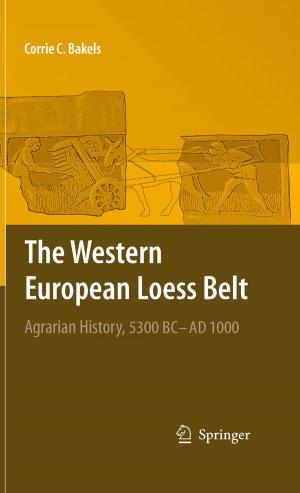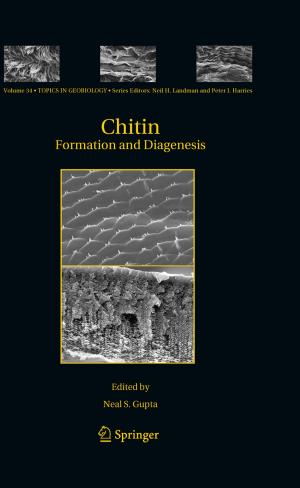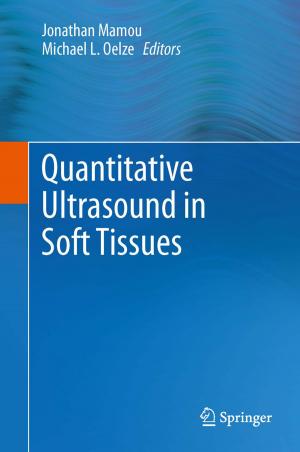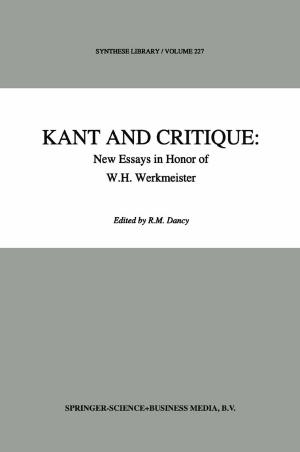| Author: | J. Joseph | ISBN: | 9789401162128 |
| Publisher: | Springer Netherlands | Publication: | December 6, 2012 |
| Imprint: | Springer | Language: | English |
| Author: | J. Joseph |
| ISBN: | 9789401162128 |
| Publisher: | Springer Netherlands |
| Publication: | December 6, 2012 |
| Imprint: | Springer |
| Language: | English |
Anatomy to most people is a subject which suggests the cutting up of dead bodies (the word literally means cutting up). In addition it is generally known that Vesalius published a book in 1543 in which much of the human body was described in detail and more or less accurately. A subject which is dead and ancient fre quently has little appeal especially if it appears to involve learning a large amount of factual information. For many years anatomy has had to struggle with these disadvantages and at times one has had the impression that there is almost a conspiracy on the part of everyone to suggest that anatomy is unnecessary. There is no doubt, however that a knowledge of the structures of the body, for that is what anatomy is, whether it is what can be seen with the naked eye or with different kinds of microscope, is an essential preliminary and corollary to the understanding of the functions of the body. It was no historical accident that Vesalius, the anatomist, preceded Harvey, the physiologist. No apology need be made for trying to present the basic facts of anatomy to anyone interested in the human body and to members of any profession which will have to cope with the physical and mental problems of children, men and women in health and in sickness. It is not intended that the reader should know every thing contained in this book.
Anatomy to most people is a subject which suggests the cutting up of dead bodies (the word literally means cutting up). In addition it is generally known that Vesalius published a book in 1543 in which much of the human body was described in detail and more or less accurately. A subject which is dead and ancient fre quently has little appeal especially if it appears to involve learning a large amount of factual information. For many years anatomy has had to struggle with these disadvantages and at times one has had the impression that there is almost a conspiracy on the part of everyone to suggest that anatomy is unnecessary. There is no doubt, however that a knowledge of the structures of the body, for that is what anatomy is, whether it is what can be seen with the naked eye or with different kinds of microscope, is an essential preliminary and corollary to the understanding of the functions of the body. It was no historical accident that Vesalius, the anatomist, preceded Harvey, the physiologist. No apology need be made for trying to present the basic facts of anatomy to anyone interested in the human body and to members of any profession which will have to cope with the physical and mental problems of children, men and women in health and in sickness. It is not intended that the reader should know every thing contained in this book.


